
OR
#OPINION
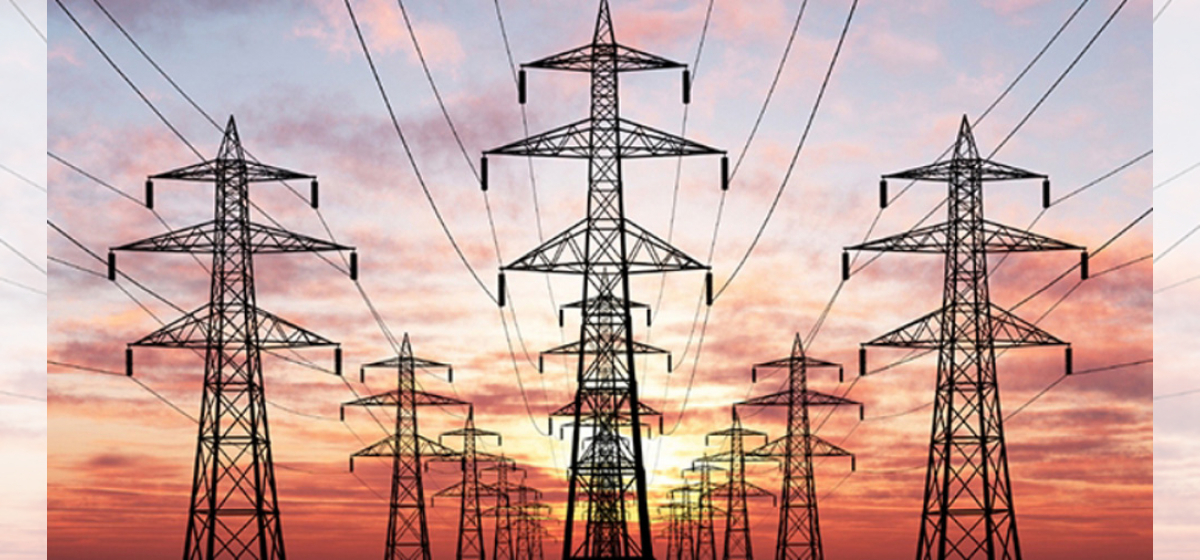
More from Author
The private sector’s participation in power trade may open the horizon of the bulk market of electricity in the South Asia region and will also pave the way to realize the much-awaited dream of exporting Nepal’s surplus hydro- electricity.
The New Electricity Act, 2075 BS was long pending in both the houses of federal parliament. The Act sought to address the demand of the private sector for their participation in power trade both at home and beyond by amending the Electricity Act, 2049 BS. It was endorsed by the parliament and submitted to the president for authentication.
Electricity generation in Nepal got a major boost after the fall of the Panchayat era when the then government issued the Electricity Act, 1992 in line with the economic liberalization policy adopted by the government. The Electricity Act, 1992, is an instrumental act which opened the door to the private sector to get involved in the area of electricity generation, transmission and distribution. Although the Act allowed the private sector to generate electricity, it did not have any provision for the private sector to get involved in power trade even three decades after it was enacted. Therefore, the Act needed to be revised to allow the private sector stakeholders to take part in power trade.
Exploring market for surplus electricity
Nepal is becoming self-reliant in terms of power generation as the domestic production of electricity has increased significantly in recent years. NEA, the state-owned power utility, has estimated that Nepal will have sufficient energy to meet the domestic demand after a couple of years. These facts can be validated by the figures disclosed by the Independent Power Producers (IPPs) and the NEA. Moreover, the private sector is becoming an emerging leader in electricity generation. According to NEA's annual report published in 2022, the privately-owned power houses will provide around 40 percent of the total energy needed in the domestic market of Nepal. More than 200 hydro-projects with a cumulative generation capacity of more than 6000 MW are in different stages of construction and financial closure. This data also shows that the private sector will lead in the area of power generation in the near future. The data of power generation of the private sector is encouraging in recent years.
On the other hand, our energy consumption rate has not increased significantly. Nepal has the lowest per capita energy consumption in the SAARC region after Afghanistan. The energy consumption will not increase overnight. Mining-based refinery industry and transportation sector consumes energy heavily. But the country does not have mining-based industries and electric rail network that consumes huge amounts of electricity. The use of electric vehicles and e-cooking has just started in the country. Therefore, there is no alternative to exporting the surplus power to the neighboring countries in the short run.
Due to the seasonal imbalance in electricity generation in Nepal mainly because the majority of hydropower projects in the country are Run-off-River type, we will have a huge surplus of energy in the system during the monsoon season. Our demand at the peak hours is hardly around 1600 MW. Nepal Electricity Authority has signed ‘Take or Pay’ energy contracts with the developers. These power projects will come online certainly after some time. There will be much power surplus in the system when these projects get completed. Still, Nepal is struggling to sell additional 400 MW electricity to India as it is unable to get permission from the Indian authorities. So, the surplus energy produced in the country often goes wasted due to lack of market. This will affect the financial health of NEA which will be the ultimate loss for the nation and hydropower developers in the country. Serious efforts are needed on the part of the government and private sector to find the market to sell the surplus electricity.
Silver lining
India has made its commitment to net zero emission by 2070 in the COP-26 convention. It is a strong imperative for India to shift electricity generation from coal to renewable energy. In India, more than seventy percent of energy comes from coal-powered plants. So, India needs to replace the coal-powered plants to meet such global targets. Although there are other sources of renewable energy as well, hydroelectricity is more reliable than other sources of renewable energy like solar and wind energy.
Inviting strategic partner
Energy is indispensable for industrial growth. It should be treated as a commodity, not a service or strategic goods. The Cross Border Electricity Trade Guidelines issued by India prohibits the purchase of power from the neighbors if there is the involvement of third countries in the construction or investment of such projects. Therefore, the effort of only one government may not be sufficient in the present scenario to sell the electricity in the regional market. The global leaders of business have invested in the energy portfolio of Nepal. The business giants of neighboring country India NHPDC and Adani group have shown their interest on the generation projects and power trade, respectively. We need to welcome such giants as a strategic partner to sell our electricity in the neighboring countries. The private companies can open joint venture companies with these giants. There will be a chance these giants may influence their government to procure electricity from Nepal. The participation of the private sector in power trade may open the horizon of the bulk market of electricity in the South Asia region and make it possible to realize the much-awaited dream of Nepal to export surplus hydro-electricity.
Saving the investment
The private sector is a major emerging stakeholder in the energy sector of Nepal. Billions of rupees have been invested on the hydropower projects through public and private investments. Nepal Electricity Authority (NEA) is the sole buyer of electricity generated by private companies. But now due to the uncertainty of the market, the NEA has stopped the Power Purchase Agreement (PPA) with the private sector for Runoff-River projects. If power trade is opened for the private sector, any privately-owned power trading company can also reach PPA with such developers by searching new destinations in the electricity market on their own. The private sector will be responsible to search the market and this will ultimately help to reduce the risk of financial burden to the government. The investment on hydropower thus can be saved.
You May Like This

Nepal's Forests in Flames: Echoes of Urgency and Hopeful Solutions
With the onset of the dry season, Nepal's forests undergo a transition from carbon sinks to carbon sources, emitting significant... Read More...
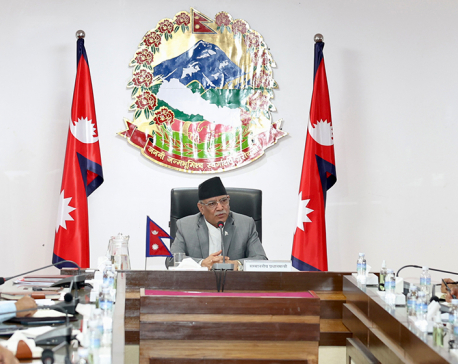
Live and let die, Sarkaar!
Some time ago, in a dazzling display of our Prime Minister’s political finesse, he revealed yet another populist spectacle; his... Read More...

'Victim blaming'- Nepali society's response to sexual violence
Multiple studies show that in most sexual assaults, the attacker is someone known and trusted by the victim. ... Read More...
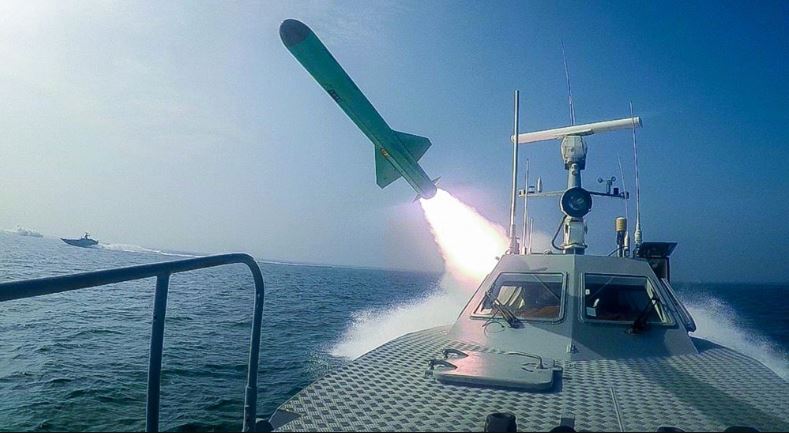

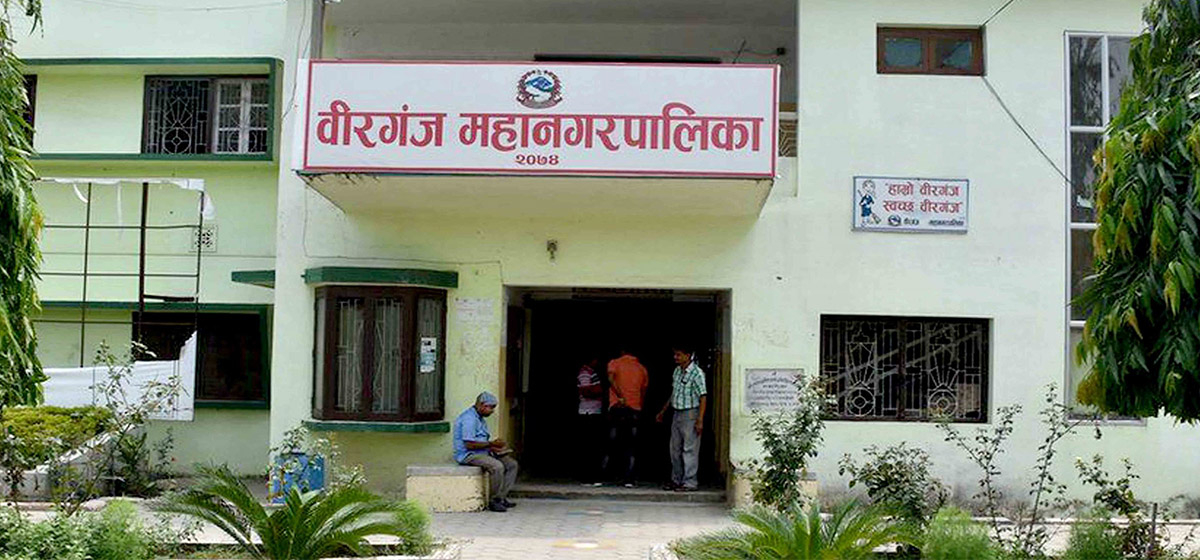

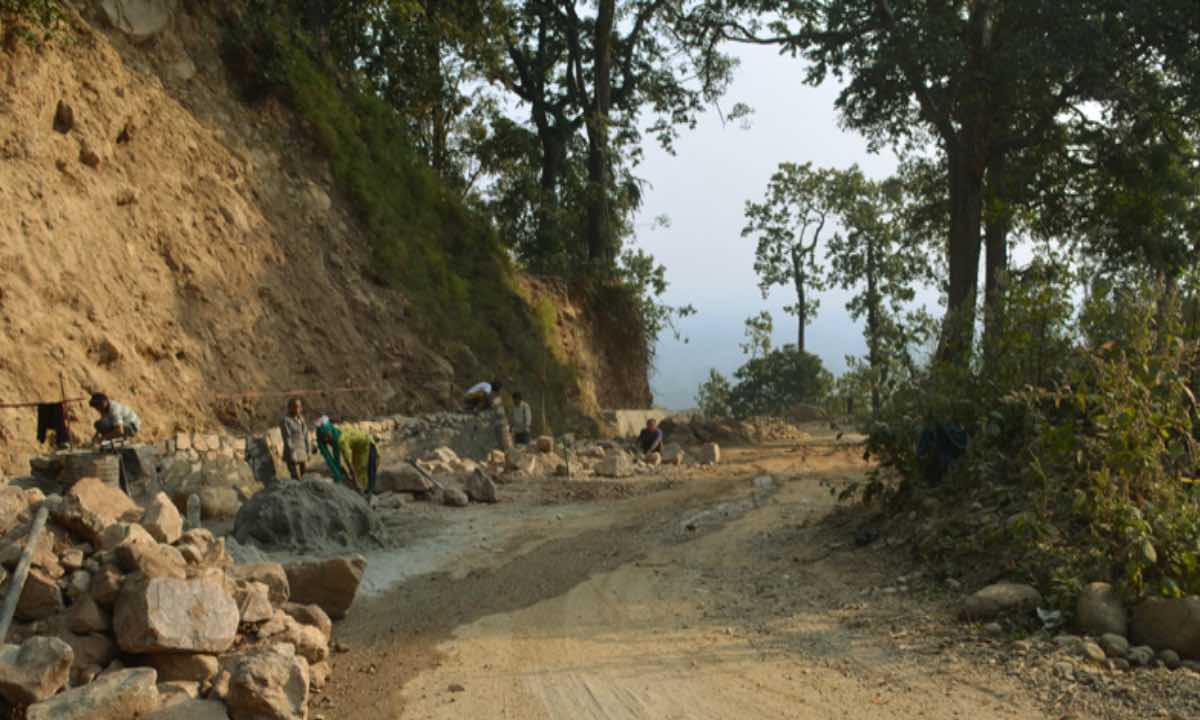
Just In
- KMC to organize a month-long skill fair from May 1
- Birgunj Metropolis collects over Rs 360 million in revenue
- NEPSE plunges below 2,000 points after one and a half months; daily turnover declines to Rs 2.10 billion
- AI Index Report-2024: AI still behind humans on complex tasks like competition-level mathematics
- Daiji-Jogbudha road construction at snail’s pace
- Govt fails to adopt podway technology despite its potential in Nepal
- Jhulaghat border crossing in Baitadi to remain closed from this evening
- Universities will be free from partisan interests: Education Minister




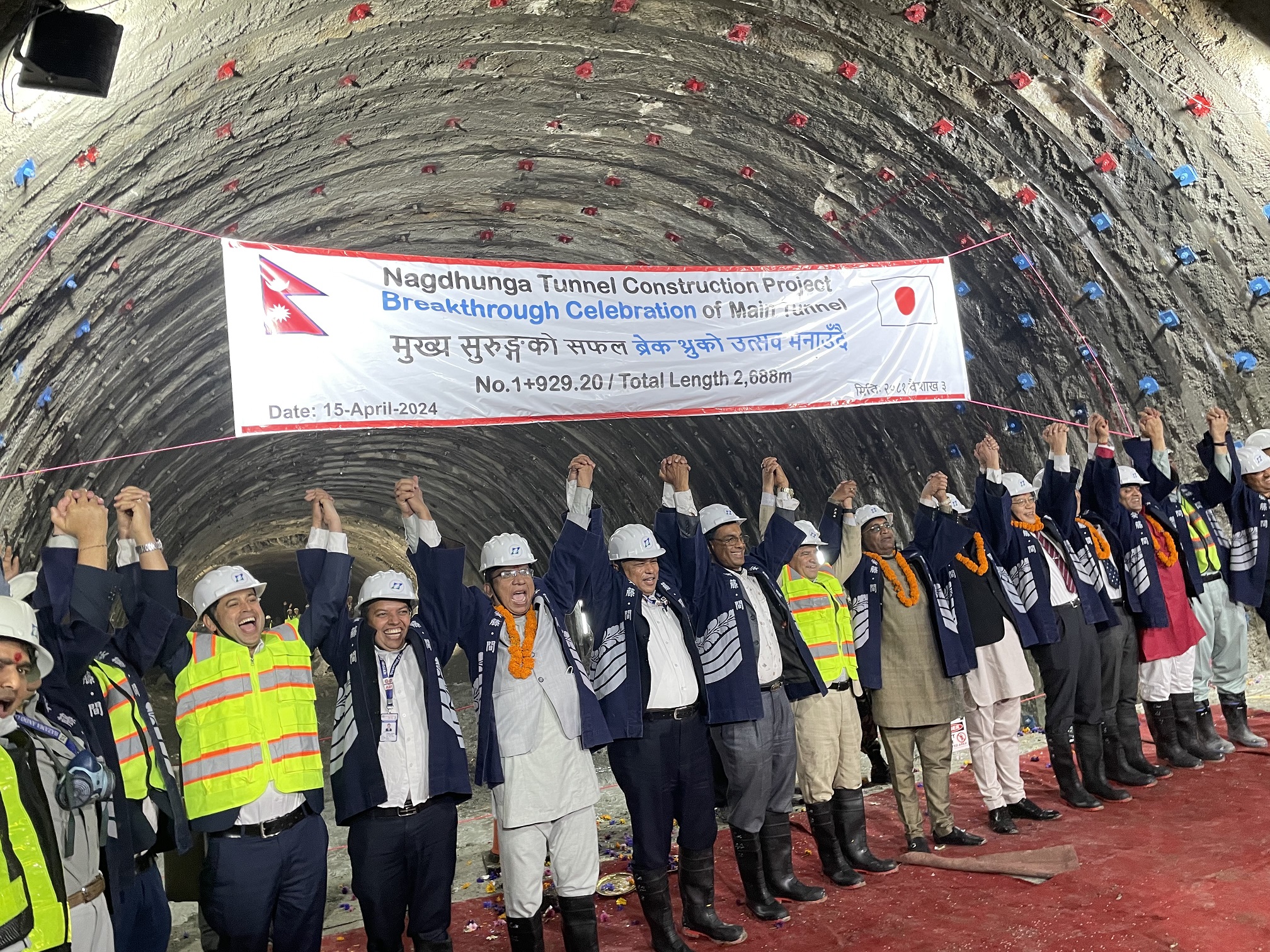







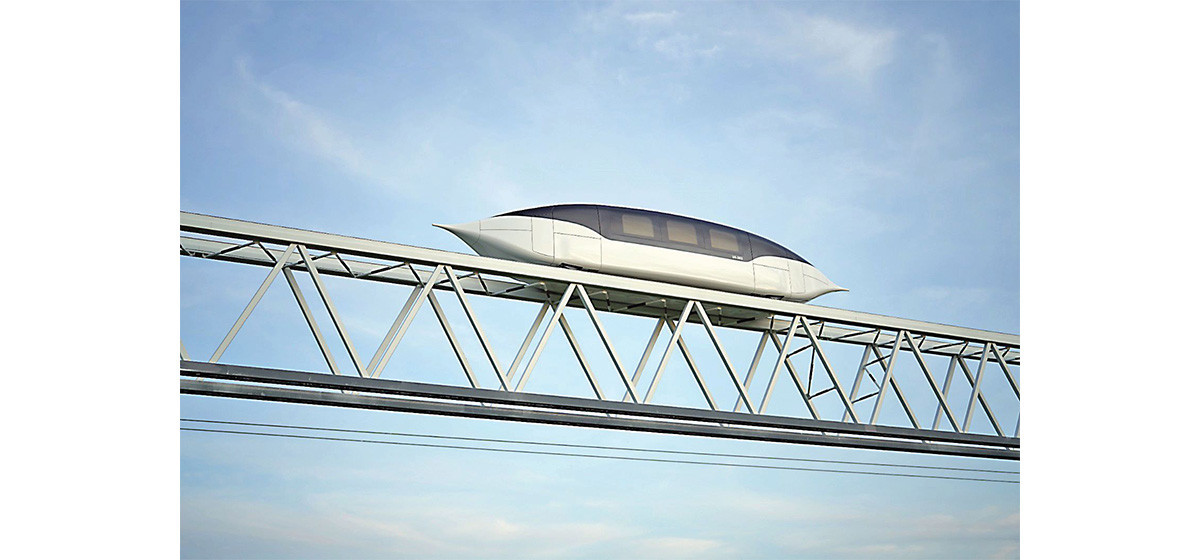
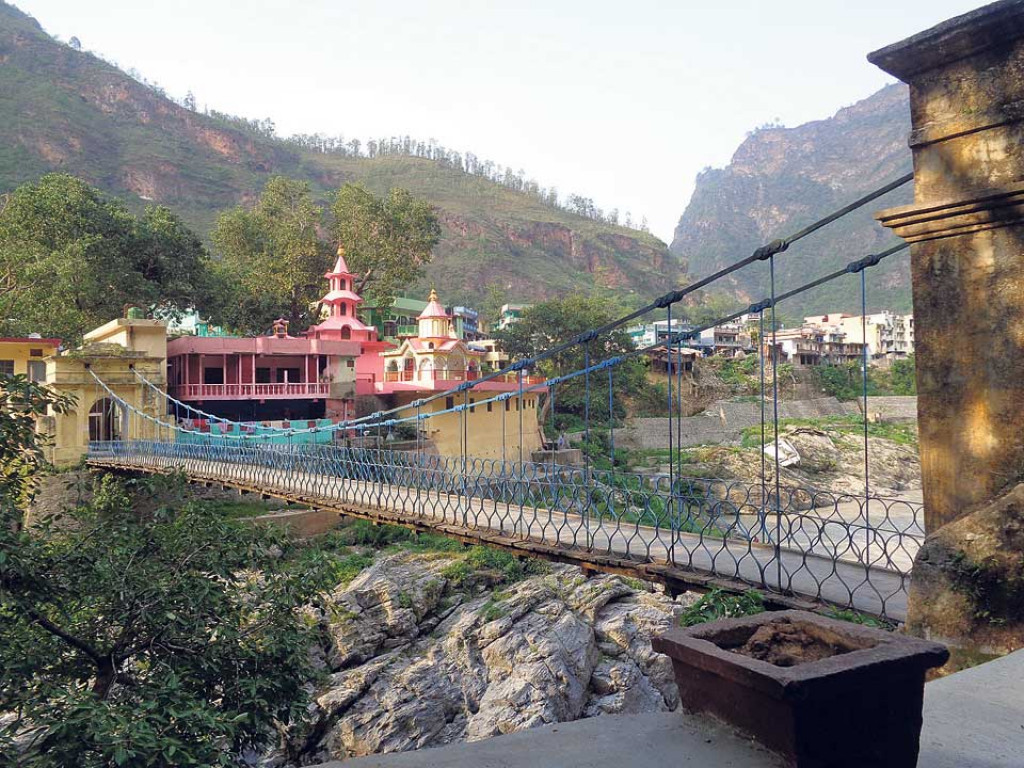

Leave A Comment